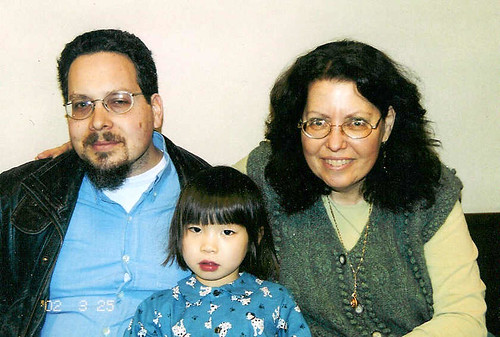|
|
🦋 The Crown Prince
Once upon a time, there lived in our city a prince who discovered that the most important question in life was whether to be, or not to be, oneself. It took him his whole life to discover who he was, and what he discovered was his whole life.
This penultimate chapter of The Black Book is really knocking me around. The childish prince's discovery about reading is what I have been getting out of this book and much of Pamuk's other writing, but he (and he seems to be speaking for Celâl/Galip? -- And is it right to think that Pamuk is making this duality into a personification of Istanbul?) is taking it the opposite way from how I have been. His notion that "it was incumbent on me to free myself from all those books, all those writers, all those stories, all those voices" seems wrong to me: those voices are my "self", and I've been reading as if this were what Pamuk was saying/pointing out -- as if Galip's insanity were rooted in a failure to acknowledge this illusory/transitory nature of identity. ...Hoping to find some answers in the final chapter, though that may be the wrong thing to hope for... Awesome passage below the fold. More thoughts about this chapter collected here.
 Because to spend an entire life waiting to become the ruler of an empire would drive anyone mad; because to watch one's elder brothers dream the same dreams and then succumb to madness, one by one, was to court the same dilemma; because the dilemma -- to go mad or not to go mad -- was a false one; because they could not help going mad, if they recalled -- if only briefly, during their interminable wait -- that their forefathers had, upon ascending to the throne, traditionally had all their younger brothers strangled. His illustrious ancestor Mehmet III was a case in point -- upon becoming sultan, he'd ordered the deaths of 19 younger brothers, some of whom were still at their mothers' breasts -- and seeing as anyone could read about that incident in any historical account of the era, seeing as it was his duty as a prince to acquaint himself with the history of the empire over which he might one day rule, just to read about a sultan killing his younger brothers was enough to drive a prince mad; because if, after years of wondering if or when he might be poisoned or strangled or killed in a way that was later made to look like a suicide, a prince went mad, it was his way of saying, "Count me out of the race"; because waiting for the throne was like waiting for death, and madness, the easiest escape route, was also the perfect expression of his deepest and most secret desires...
posted evening of Sunday, April 20th, 2008
➳ More posts about The Black Book
➳ More posts about Orhan Pamuk
➳ More posts about Readings
| |
|
Drop me a line! or, sign my Guestbook.
•
Check out Ellen's writing at Patch.com.
| |

